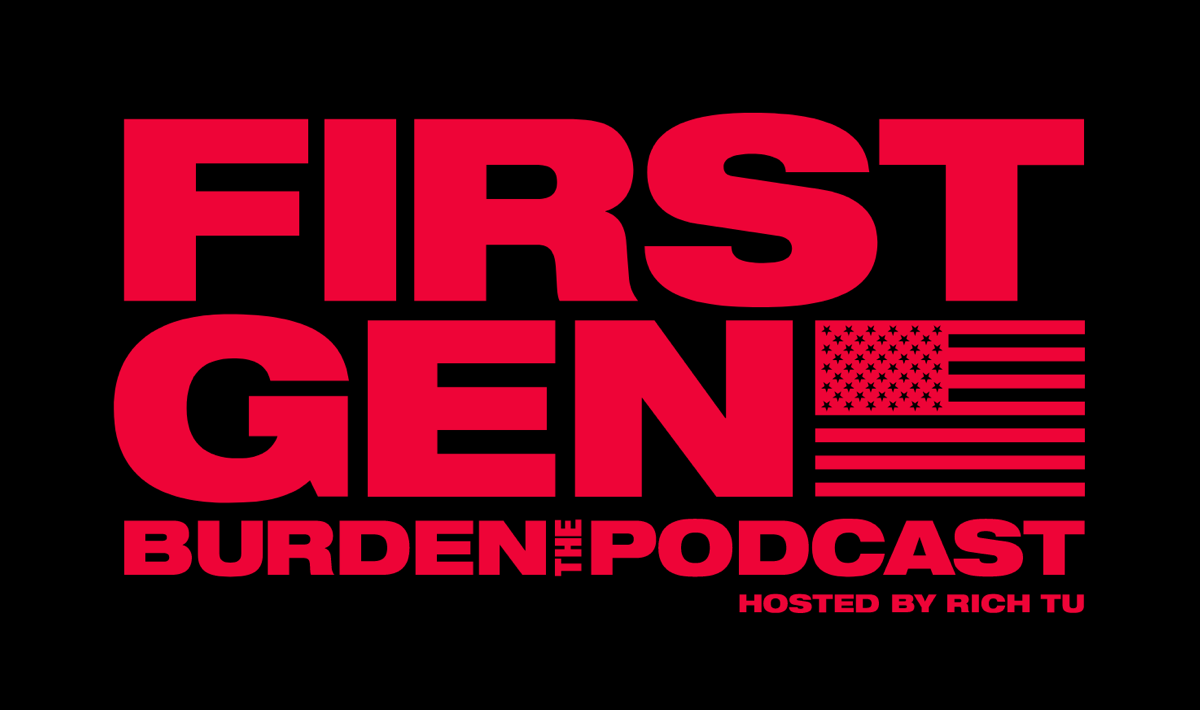
First Gen Burden
First Gen Burden is a podcast hosted by designer Rich Tu. He speakes with immigrant and children of immigrants that are also in the creative industry.
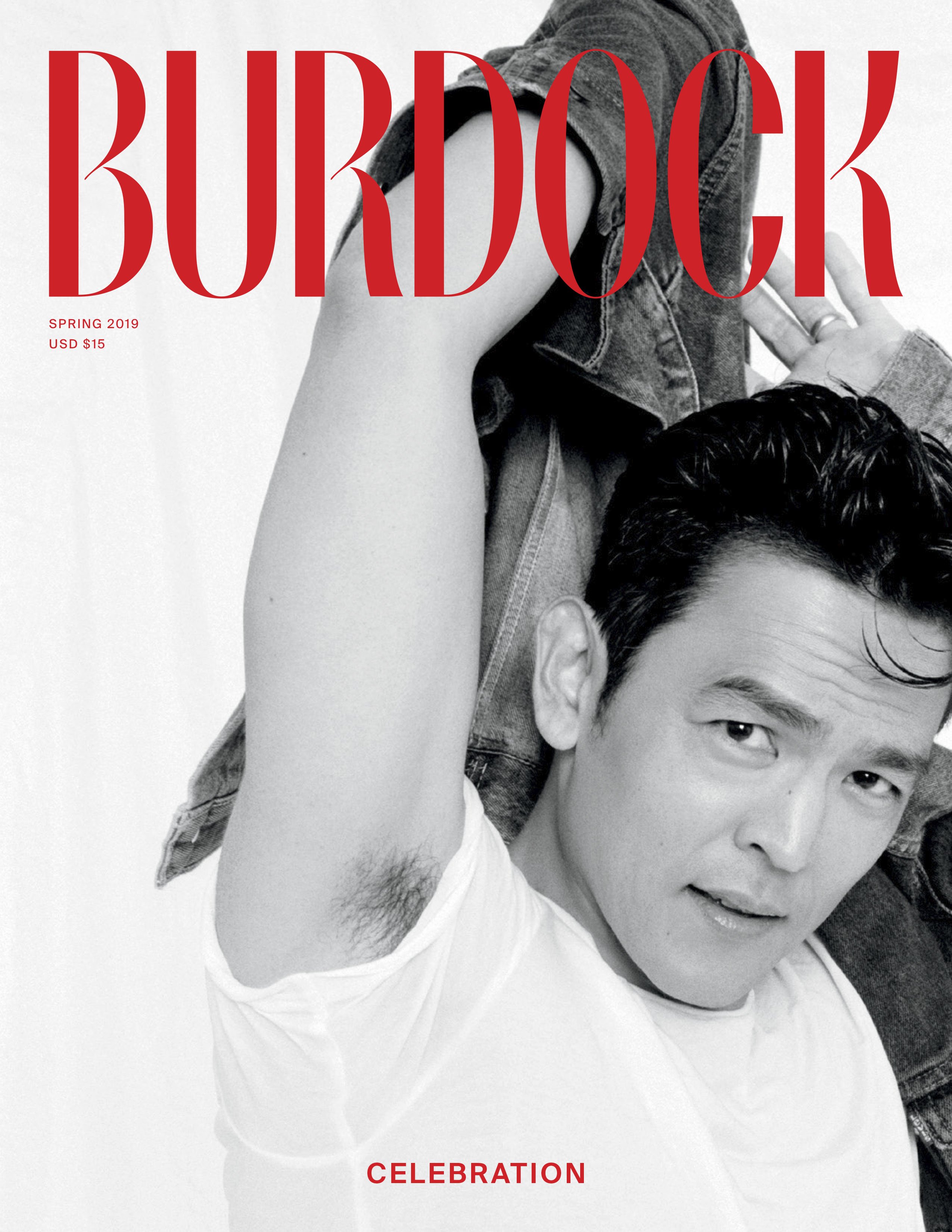 Burdock Media
Burdock Media Burdock was founded by photographer Peter Ash Lee and designer Hannah Chloe Lee in 2018 as an arts & culture platform, celebrating multi-dimensional Asian American experiences.
 Never Have I Ever
Never Have I Ever Mindy Kaling’s new TV series tells the story of Indian-American high schooler, Devi Vishwakumar.
 The Refugees by Viet Thanh Nguyen
The Refugees by Viet Thanh Nguyen This book is a collection of short stories about the lives of refugees in America by Pulitzer Prize winner Viet Thanh Nguyen.
 88 Rising
88 Rising 88 Rising is an American record label primarily for Asian-American and Asian artists.
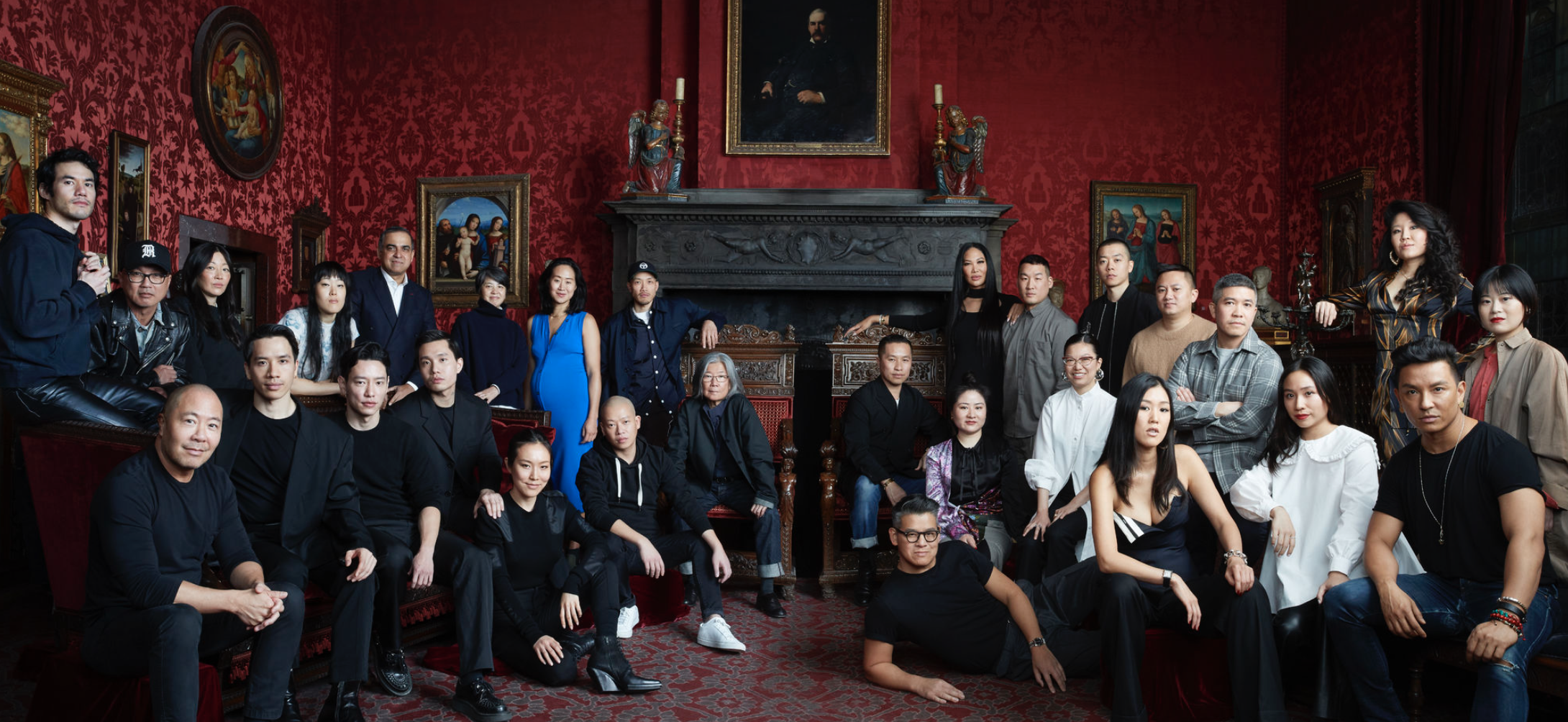 T Magazine “The Designers”
T Magazine “The Designers”T Magazine recently did a feature on Asian-American fashion designers like Anna Sui, Phillip Lim, and others that shaped the fashion industry in New York.
 Asian Enough
Asian EnoughFrom the Los Angeles Times, “Asian Enough” is a podcast about being Asian American — the joys, the complications and everything else in between. In each episode, hosts Jen Yamato and Frank Shyong of The Times invite celebrity guests to share their personal stories and unpack identity on their own terms.
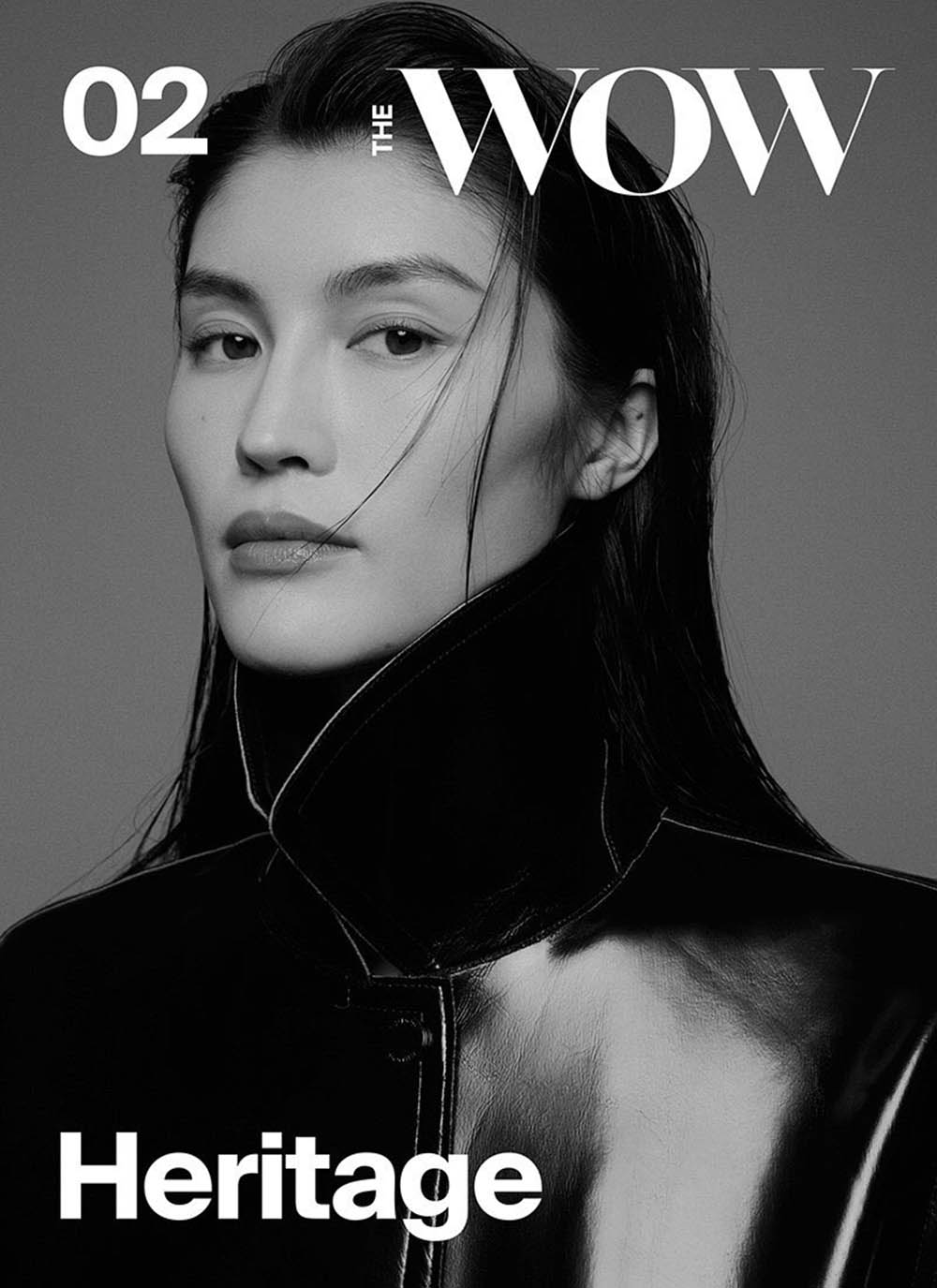 The WOW Magazine
The WOW Magazine
The WOW is the UK’s first biannual magazine and digital platform celebrating Asian culture and inspiring modern Asian women.
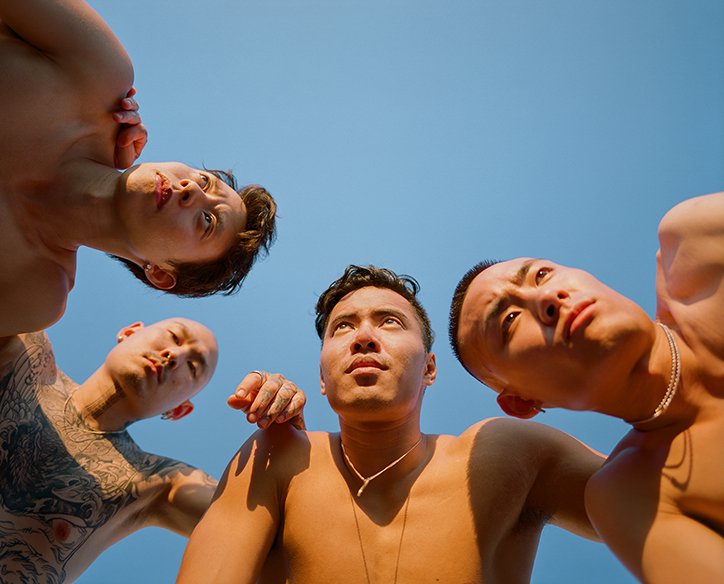 Andrew Kung “The All-American”
Andrew Kung “The All-American” This photo series by Andrew Kung challenges the stereotypes of Asian-American men.
 Crazy Rich Asians
Crazy Rich Asians
Crazy Rich Asians is the first major Hollywood picture with an all-Asian cast since The Joy Luck Club in 1993. This movie explores the dynamic of being Asian-American and the experience never feeling truly Asian or American.
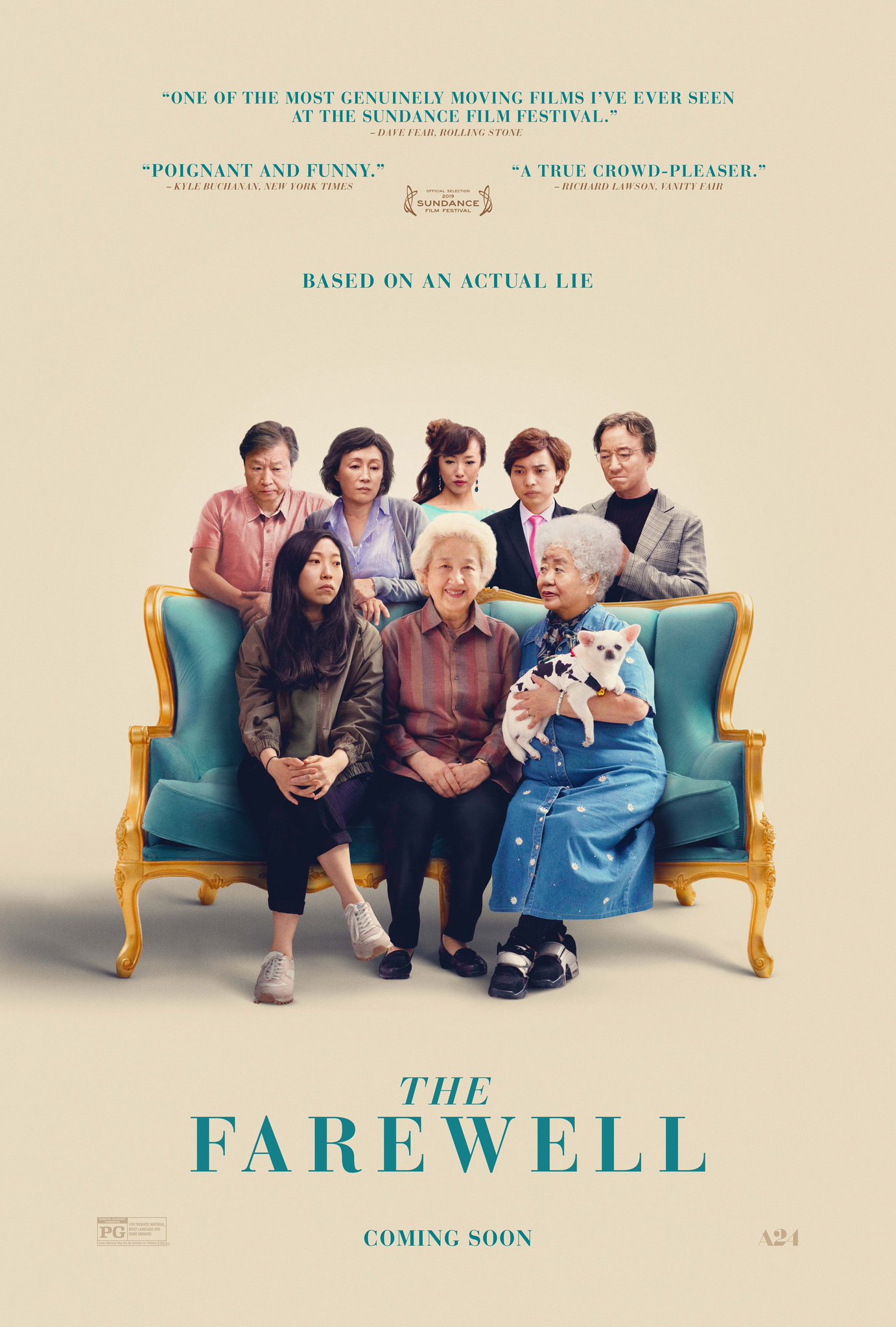 The Farewell
The FarewellLulu Wang’s “The Farewell” tells the story of US raised, Billie, who returns to China after finding out her Nai Nai only has weeks to live, and explores Asian-American identity and family dynamics.
 “This is not a T-Shirt” by Bobby Hundreds
“This is not a T-Shirt” by Bobby HundredsBobby Hundreds is the founder of streetwear brand, The Hundreds. In this book, he talks about the power of streetwear through community and culture.
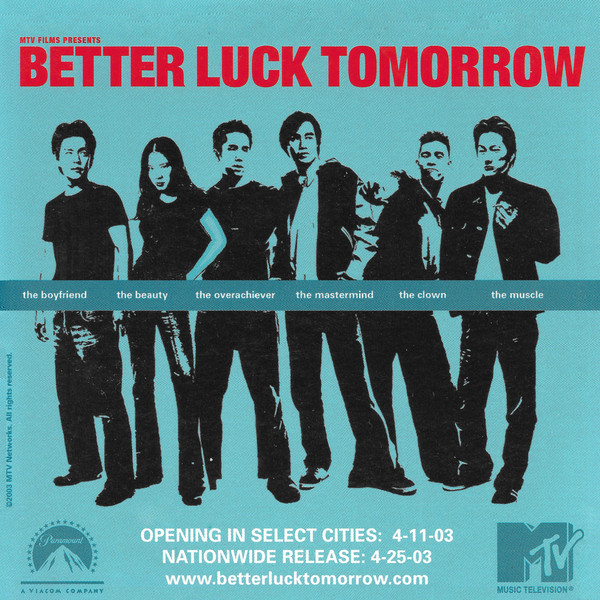 Better Luck Tomorrow
Better Luck Tomorrow Released in 2003, this Justin Lin’s film broke model minority stereotypes. This film is about the dark side of teenage suburbia in Orange County.
 Yolk Magazine
Yolk MagazineYolk Magazine ran from 1994 to 2003. Since then, not a single publication has come close to rivalling its mantel for championing people of Asian descent. It was innovative in its art direction, experimental layouts and not to mention its original content.